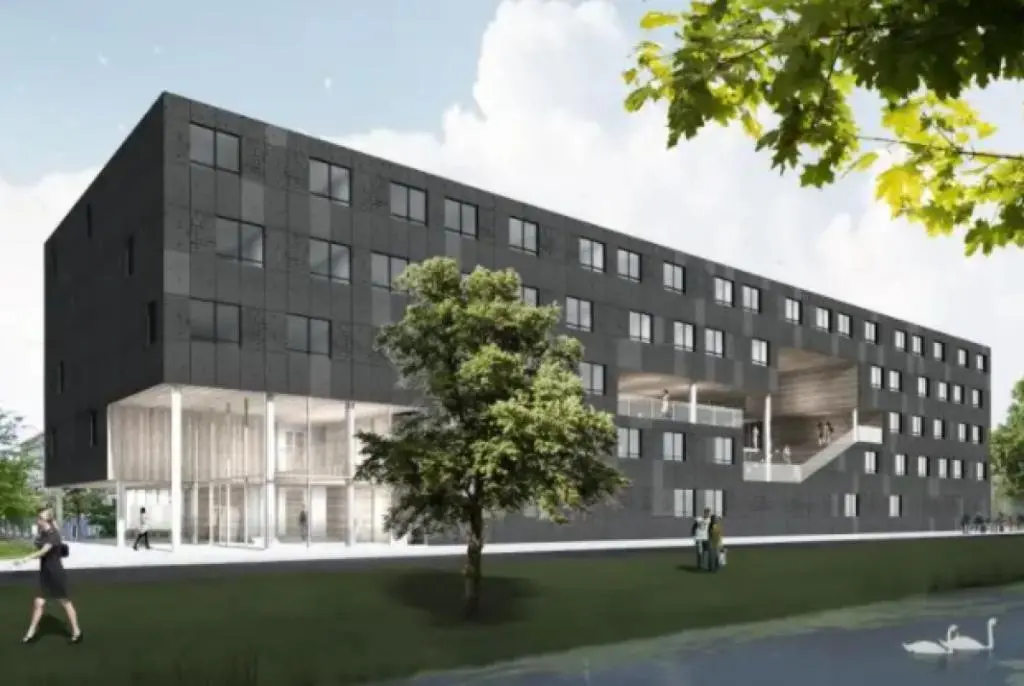Delft in brief
DELTA AND DELFT OUTLOOK ONLINE
From the very first volume of TH Mededelingen (1952) and THD Nieuws (1968-1982) through to the final paper issue of Delta (2017): all editions of the TU Delft journalism medium are now online. The same applies to the complete archive of science and alumni magazine Delft Integraal and the English version Delft Outlook. This is all thanks to Heritage officer Jules Schoonman and student assistant Kevin Siemonsma. The newspapers and magazines will ultimately be part of the TU Delft heritage website.
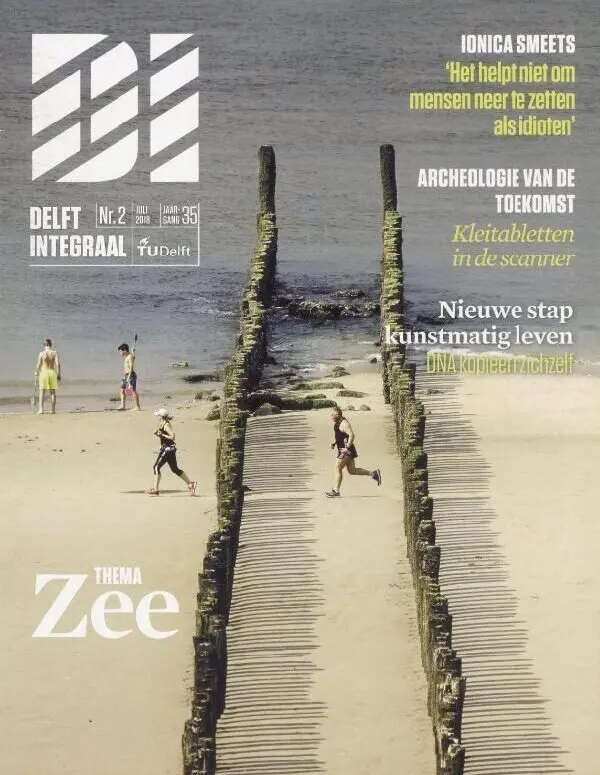

© Sam Rentmeester
15 years since Architecture fire
On 13 May, it was 15 years since the Faculty of Architecture burned down. Within a matter of hours, a simple short circuit led to the total devastation of the concrete building. How could it happen? What was salvaged, what was lost? Delta has created a reconstruction of the ‘greatest disaster ever to hit a Dutch university’. In a podcast, students, staff and emergency workers talk about the fire’s impact on them. And what changed after the fire? Tents were quickly erected to enable lectures to continue, the fire was investigated and the faculty relocated to the monumental BK City, following rapid renovations.
Listen to the podcast (only in Dutch)
Exit
Wolterbeek
He arrived in 1978 as an Utrecht biology student at Reactor Institute Delft to use radioisotopes to measure the transport of essential metals in living plants. Since then, he has never left. As Bert Wolterbeek from Reactor Institute Delft now heads for retirement, nuclear energy is in the news and the reactor awaits the final stage of its renovation. “The reactor physics course used to attract five students and now there are 40”, says Wolterbeek. “We can’t meet the demand for graduation projects. Students understand that nuclear energy offers real career potential.”
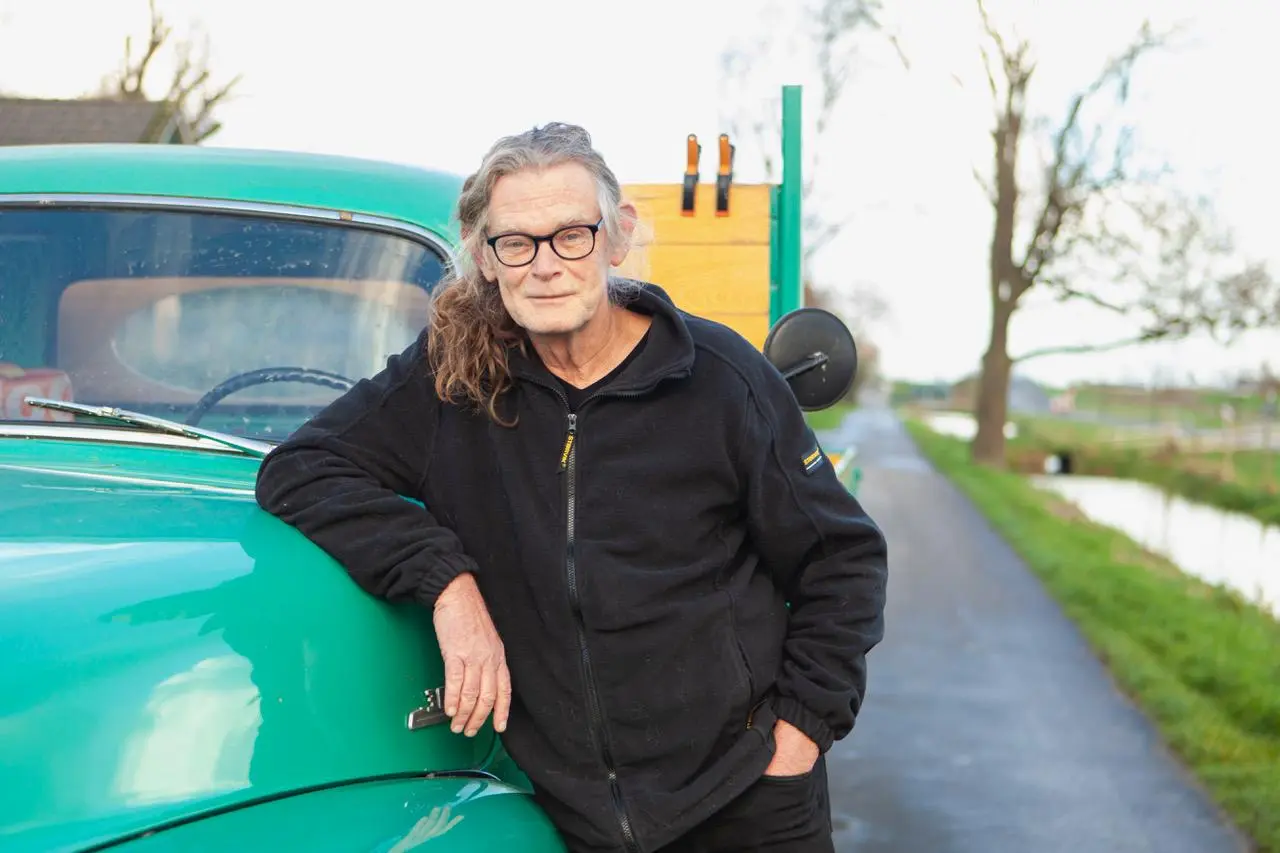
© Irene van Kessel Fotografie
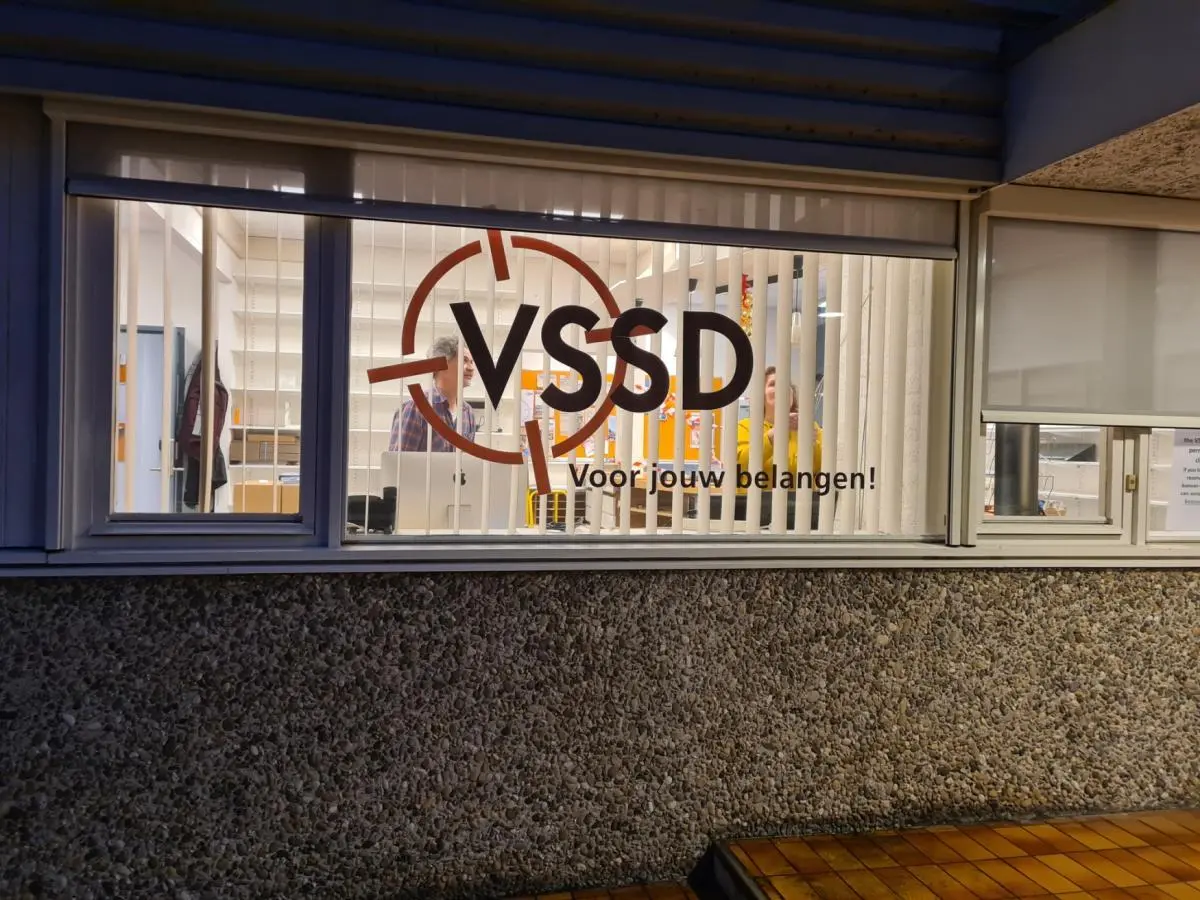
© Rob van der Wal
Future of the VSSD
The TU Delft student union (VSSD) had a reputation for its controversial fun campaigns. These included putting TU Delft up for sale and arranging an alternative connection between the station and campus by limousine. It is now in search of a new purpose. The VVSD publishing house and bookshop, where students could buy cheap textbooks, have closed and membership numbers are down. But the committee is convinced that there are plenty of issues to campaign on. “We can afford to face problems”, is the fighting talk from committee member Nathan Roos. The intention is to return to more activist ways.
TINNITUS HOUSE
One in three adults occasionally hears a distinct tone in one ear for several seconds. The Bioelectronics group (Electrical Engineering, Mathematics and Computer Science (EEMCS) is taking part in an international study entitled Tinnitus House. They are working on a small device that can stimulate the vagus nerve with pulses of electricity through the skin. By offering a combination of electrical and acoustic stimulation, they are attempting to instruct the brain to reorganise itself, says Prof. Wouter Serdijn. The effectiveness is currently being tested in Ghent.

© Elyas Pasban | Unsplash
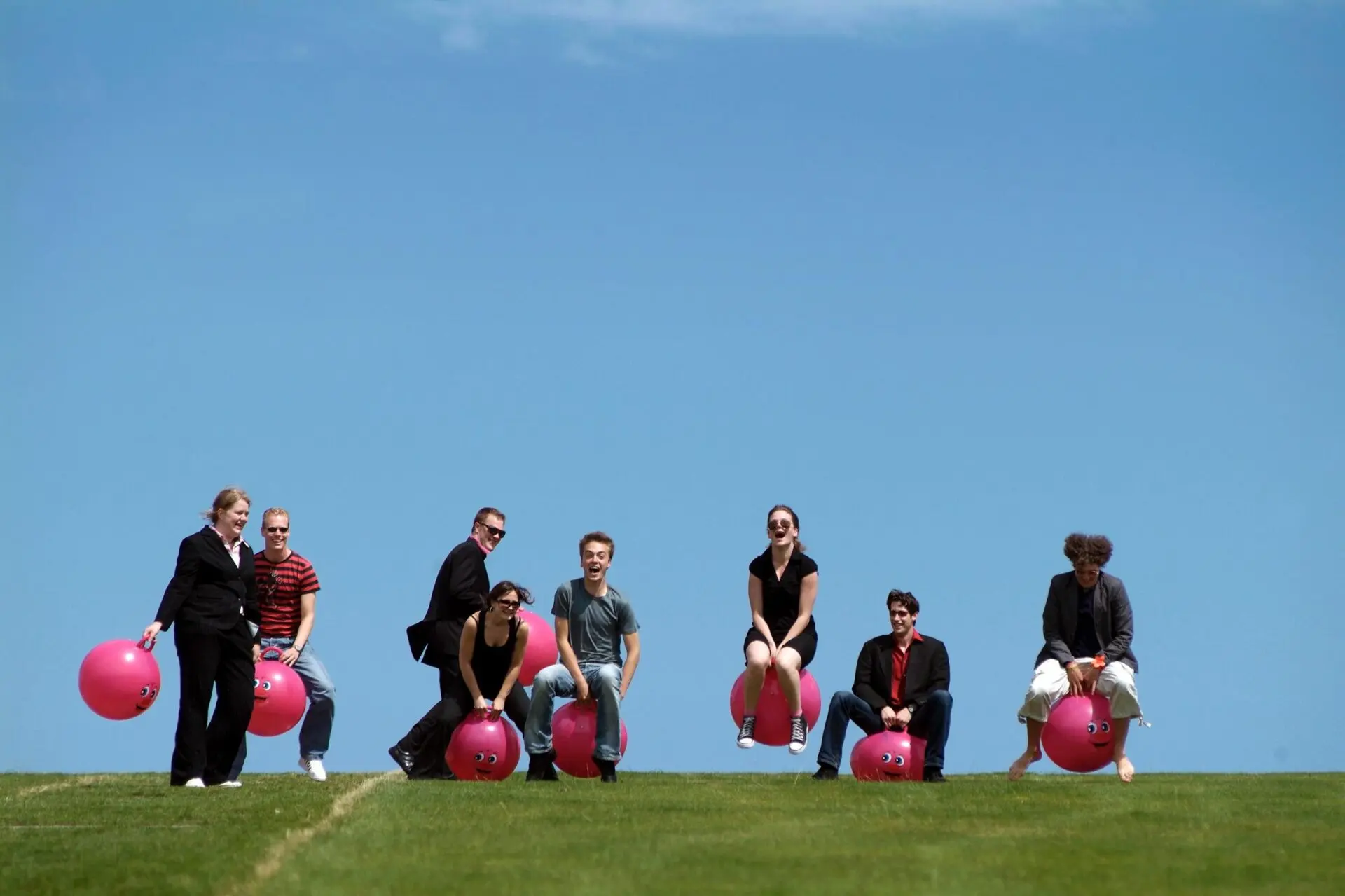
CALL TO READERS
For a new feature, we are looking for Delft alumni who sat on a student committee together, were housemates, part of a sports team or student project team or otherwise connected to each other. Condition is that a nice group photo exists from that time that we can print alongside the article.
Intrested? Send an email to [email protected]
Fluid dynamics improves MRI research
Fluid dynamics experts Prof. Saša Kenjereš and his doctoral candidate Romana Perinajová (Applied Sciences) have conducted calculations on the blood vessels in the brain. The result is information that an MRI scan cannot provide, such as vulnerable areas in the vessel wall. Kenjereš. “In collaboration with Amsterdam UMC, we were able to compare our calculations with MRI images.” Their analysis adds valuable information to MRI scans. For even more detailed 3D calculations, the researchers now plan to use artificial intelligence.
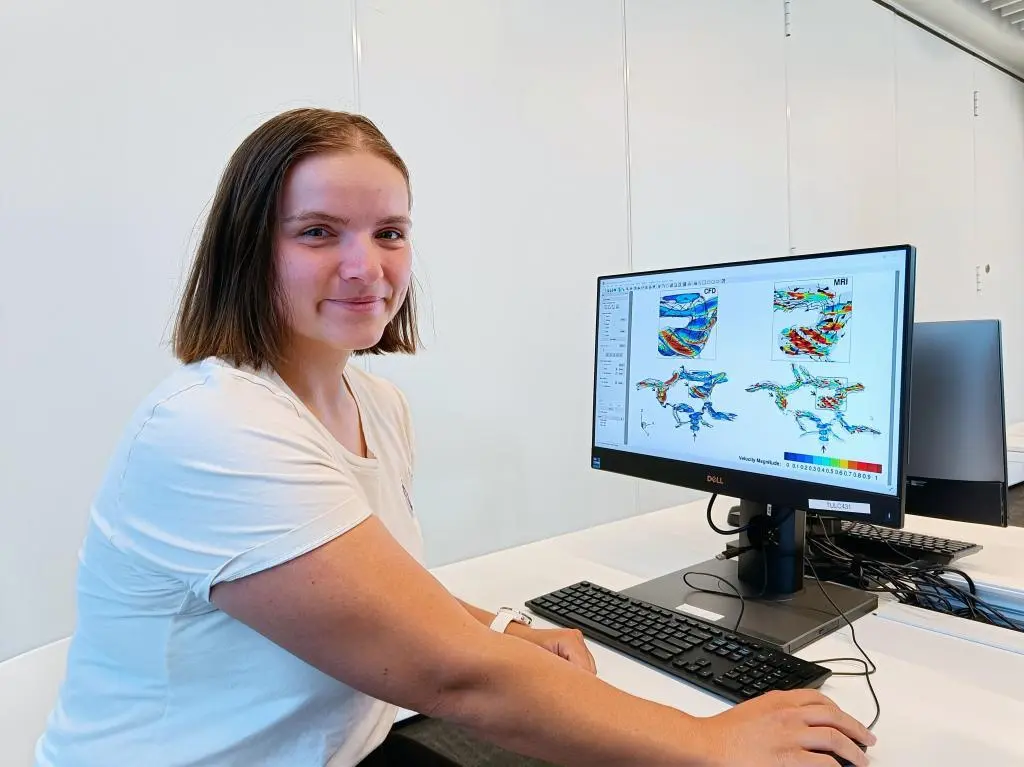
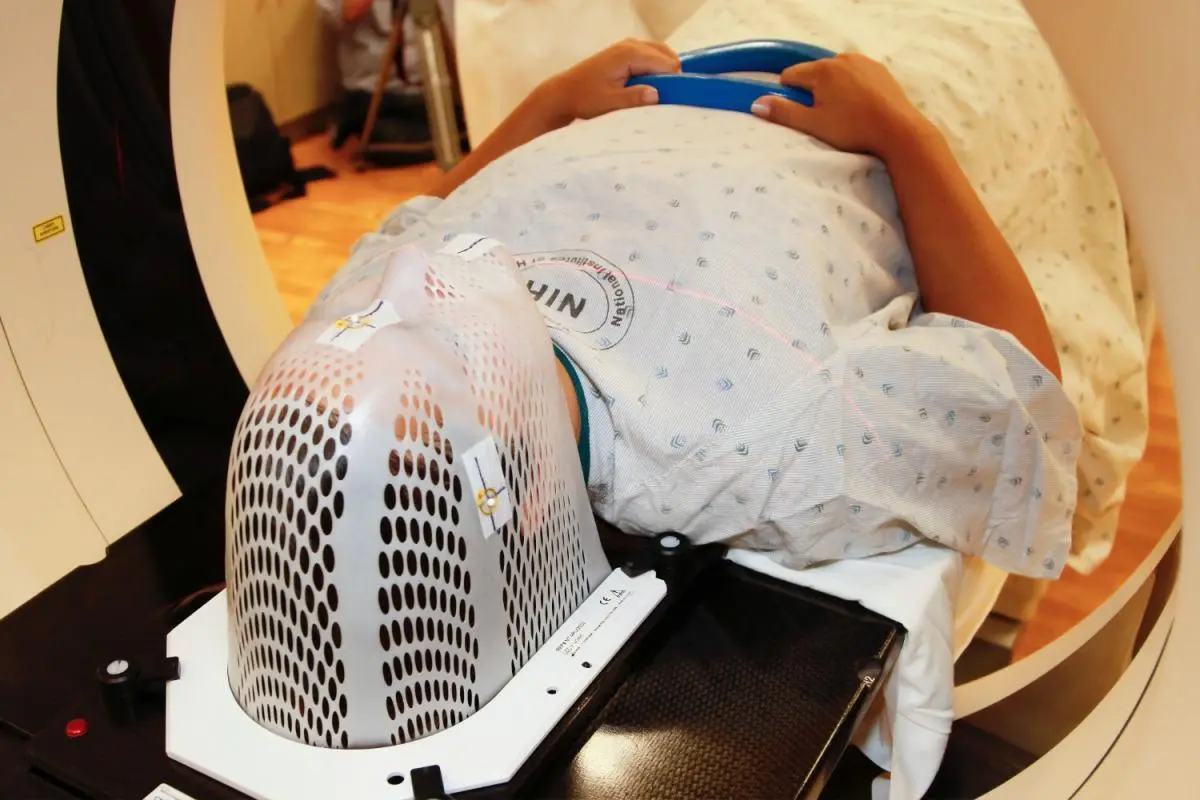
© Elyas Pasban | Unsplash
Prizes for science
Prof. Tatiana Filatova, Technology, Policy and Management (TPM), and Dr Stan Brouns (Applied Sciences) have been awarded grants worth € 350,000 for fundamental research by the culture and science foundation Ammodo. Economist Filatova is studying the interaction between climate change and socio-economic systems. She intends to use the money for computer simulations that mimic the choices people make when facing issues caused by climate problems. Brouns is working on the battle between bacteria and viruses (bacteriophages) and aims to use bacteriophages as an alternative for antibiotics. He is spending part of the money on the Phage Bank, a systematic collection of bacteriophages aimed at mapping the antibacterial activity.
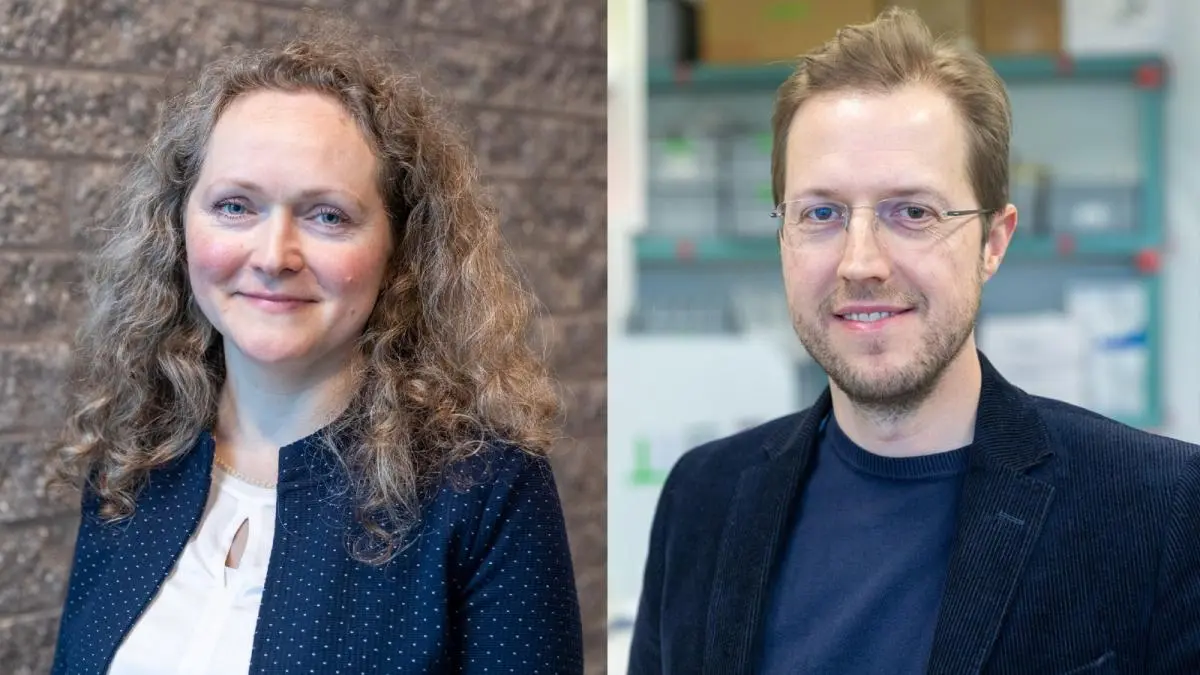
© Ammodo
Marina van Dammegrant
Mei Ling Tan en Oleksandra Ivashchenko have been awarded the Marina van Damme Grant, worth € 9,000. It is awarded annually to talented women alumni who graduated or completed their doctorates at TU Delft, TU Eindhoven, the University of Twente and Wageningen University. The grant was made possible by Dr Marina van Damme, the first female engineer to do a doctorate (in 1965). A symposium to mark two decades of the Marina van Damme Grant will be held on 9 November, entitled: ‘120 years of Women Engineers’. Location: de Vrijhof, University of Twente in Enschede.

Majoranas return in simple form
The Majorana is the ‘particle that is its own antiparticle’, with the potential to make qubits (the building blocks of a quantum computer). It was thought they had been proven to exist in 2018, but two articles in Nature were later withdrawn. An integrity investigation followed. Three years later, the research has resurfaced in a new publication. First author Tom Dvir and his colleagues decided to revert to the simplest conceivable structure for Majoranas. They show that they can now be reliably generated, but there is still a lot of work to be done.
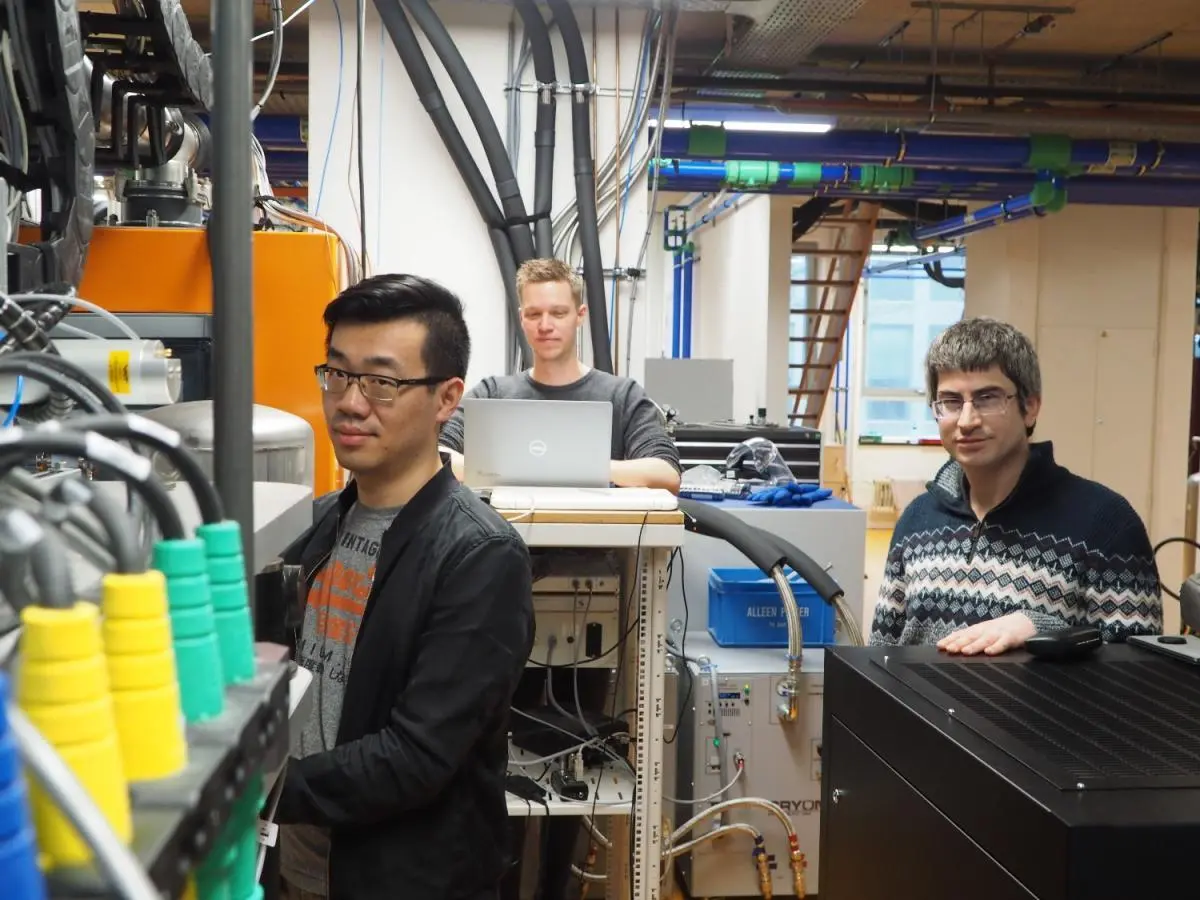
© Jos Wassink
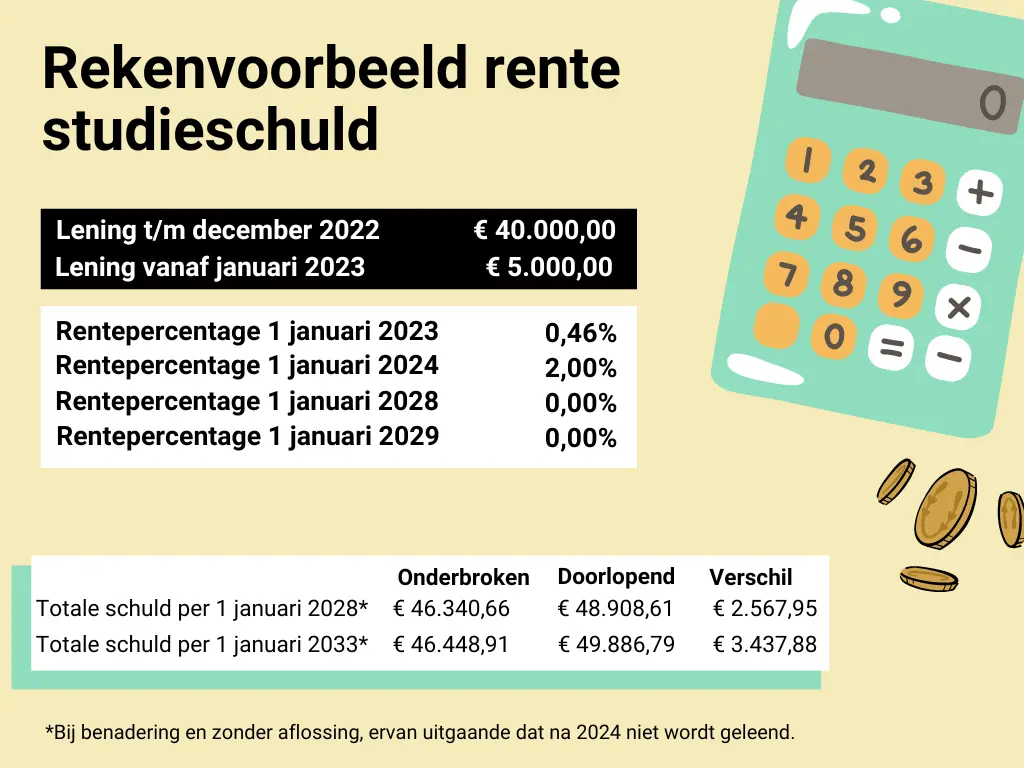
© Marjolein van der Veldt
INTEREST RATE TRICK
Around 26,000 students suspended their student loans for a month on 1 January to lock in the lower interest rate on their student debt, according to Education Executive Agency DUO. That is 4% of all students receiving loans in higher education. TU Delft student Joep de Jong devised the trick because the interest rate on student debt is increasing and exceeds 0% for the first time in years. That could cost students thousands of euros. “It spread like wildfire”, says De Jong.
Climate Council
The Council of Ministers has set up the Scientific Climate Council (WKR) to advise government and Parliament on climate policy. Two of its nine members are from the Faculty of TPM: Prof. Kornelis Blok (Energy System Analysis) and Prof. Behnam Taebi (Energy and Climate Ethics). The WKR’s first report, due next year, will focus on key choices in the energy transition moving forward. The recommendations, based on evidence and focusing on the long term, will form the basis for the Climate Plan (autumn 2024), setting out future climate policy.

